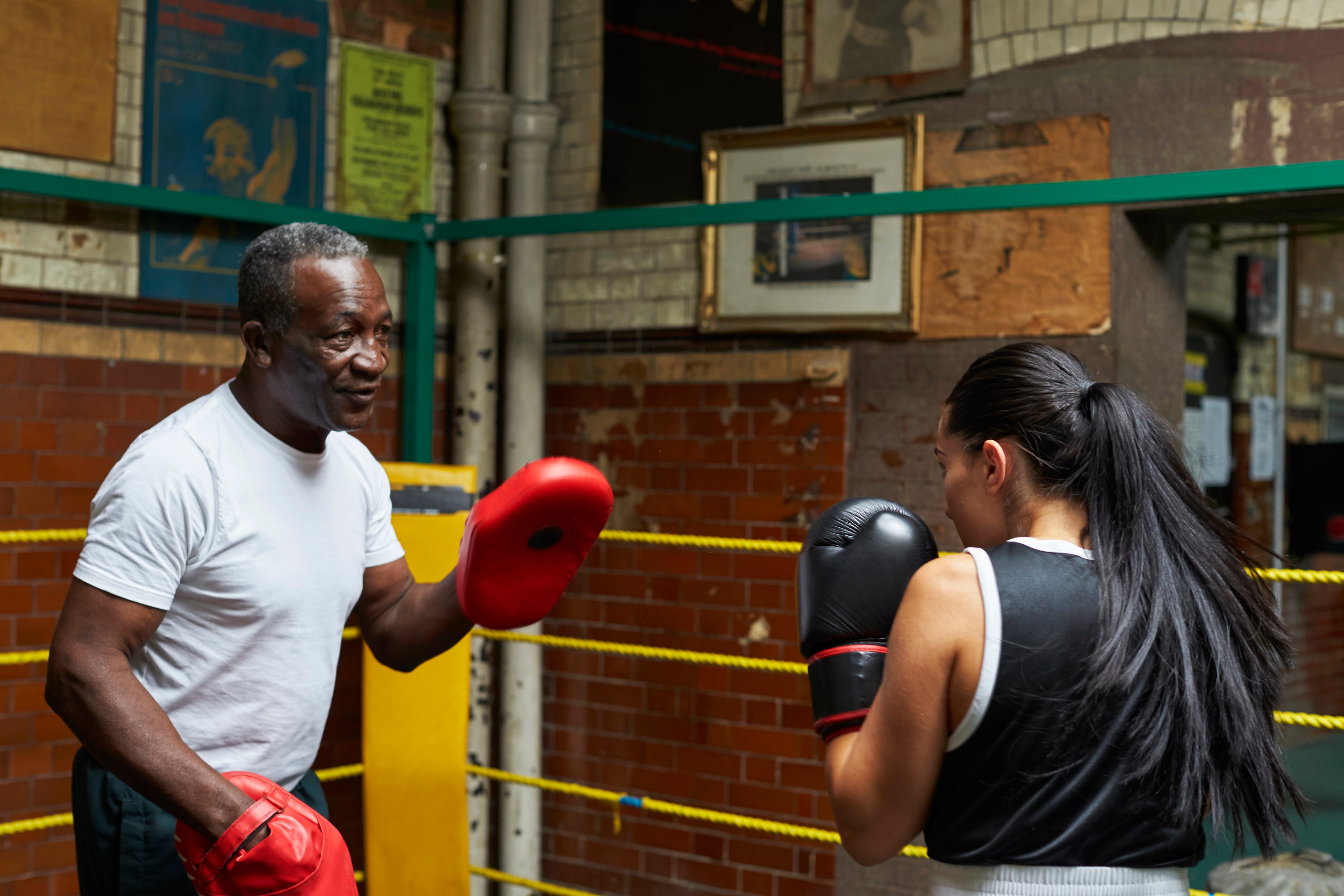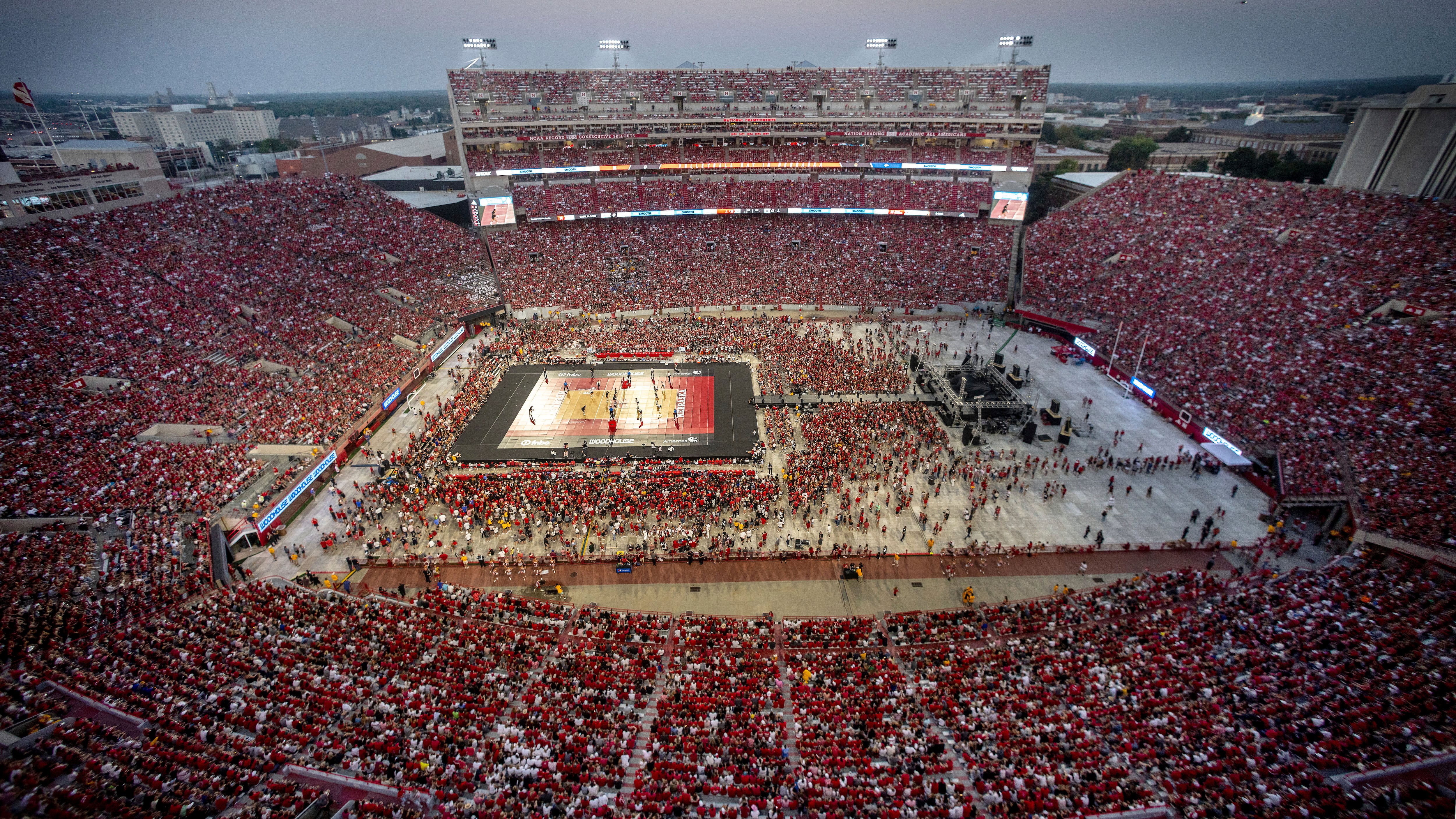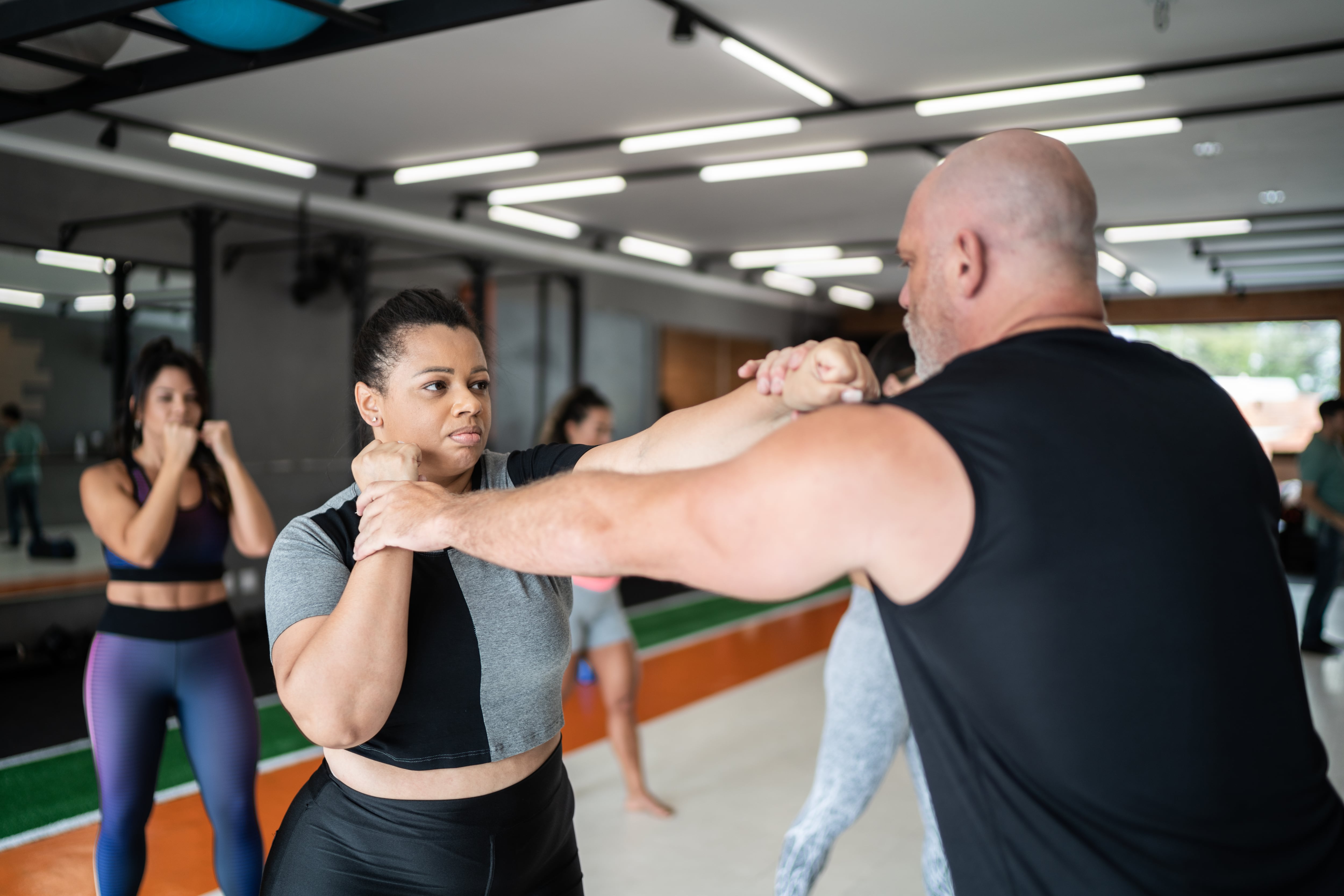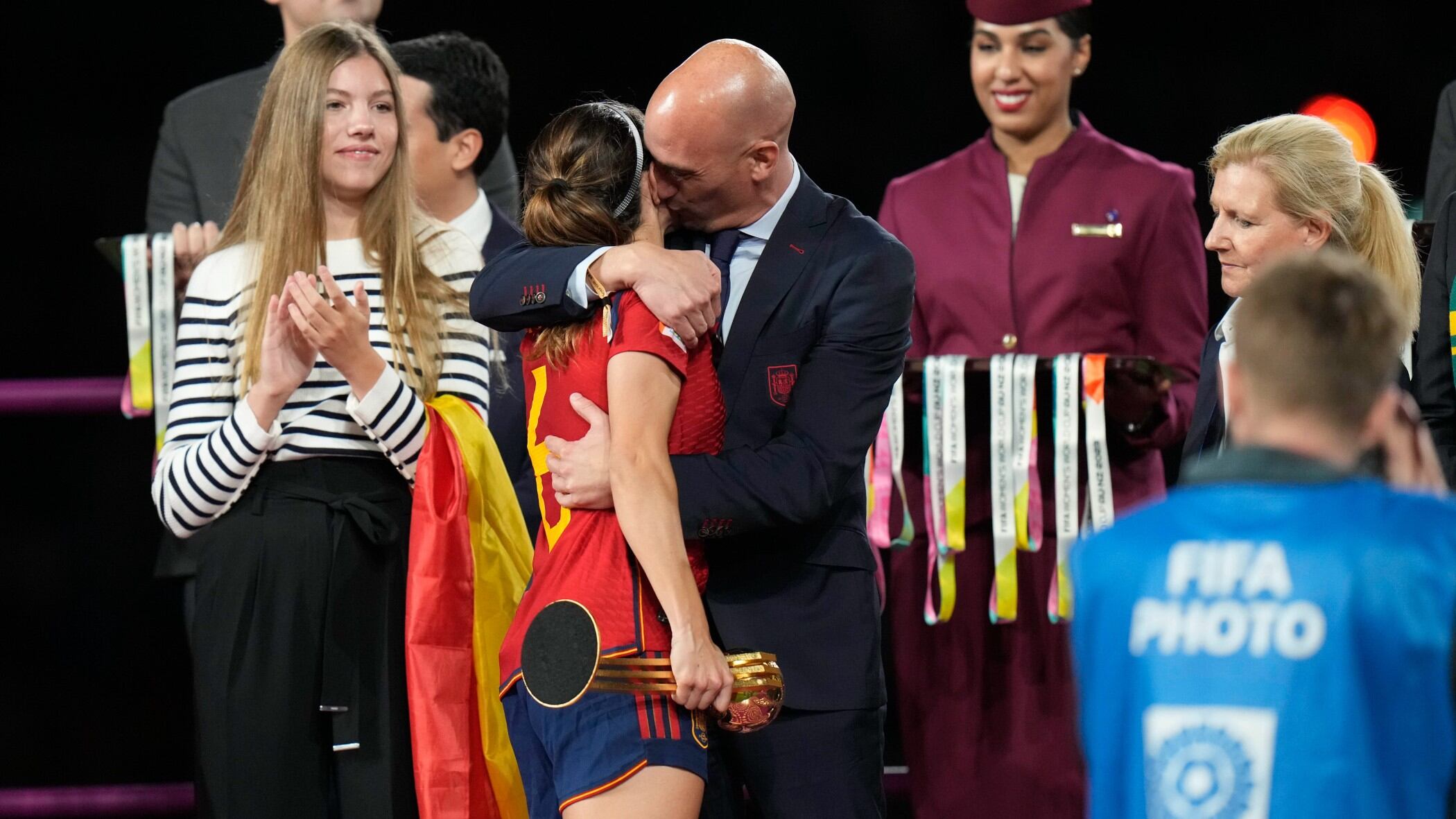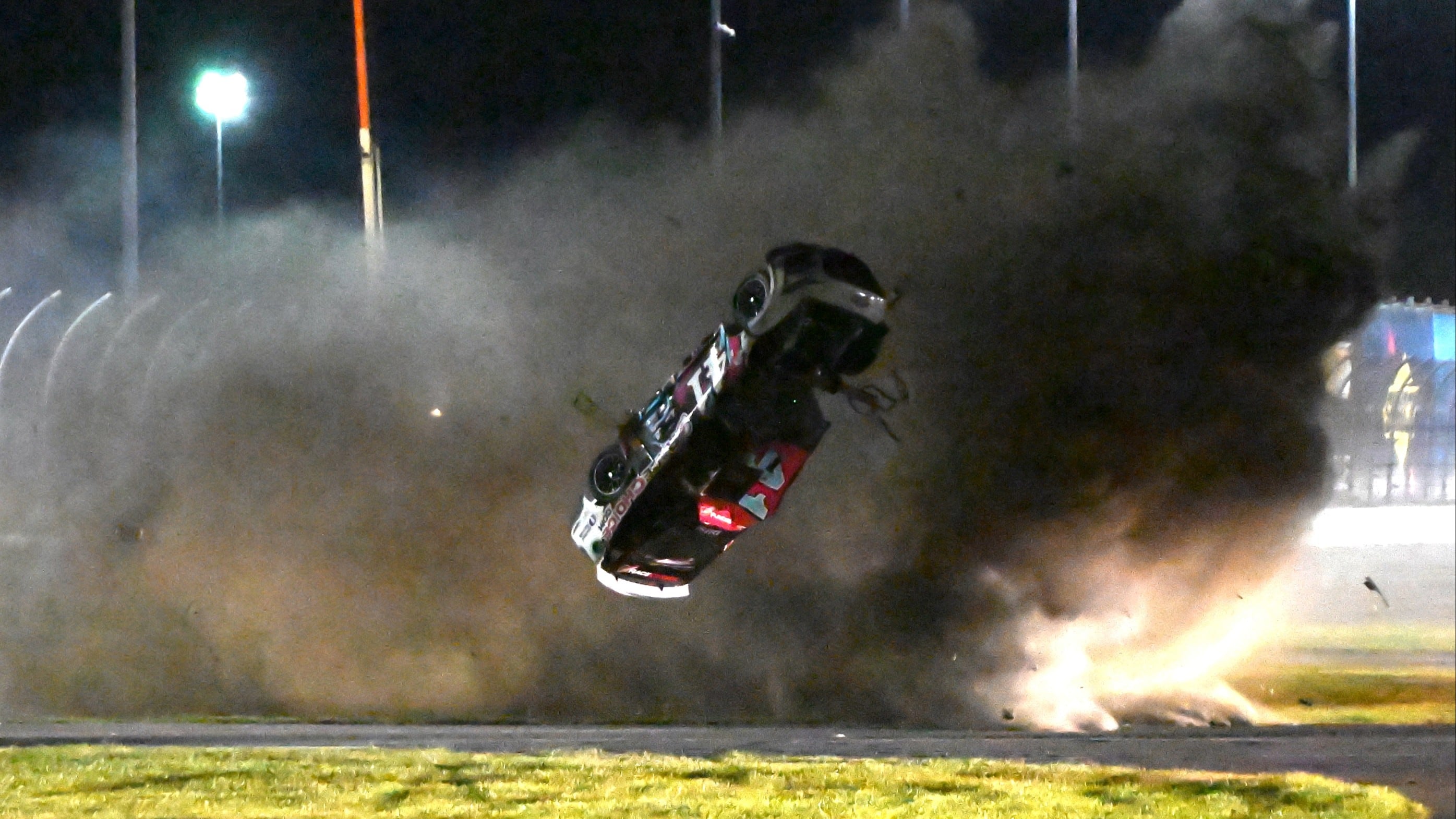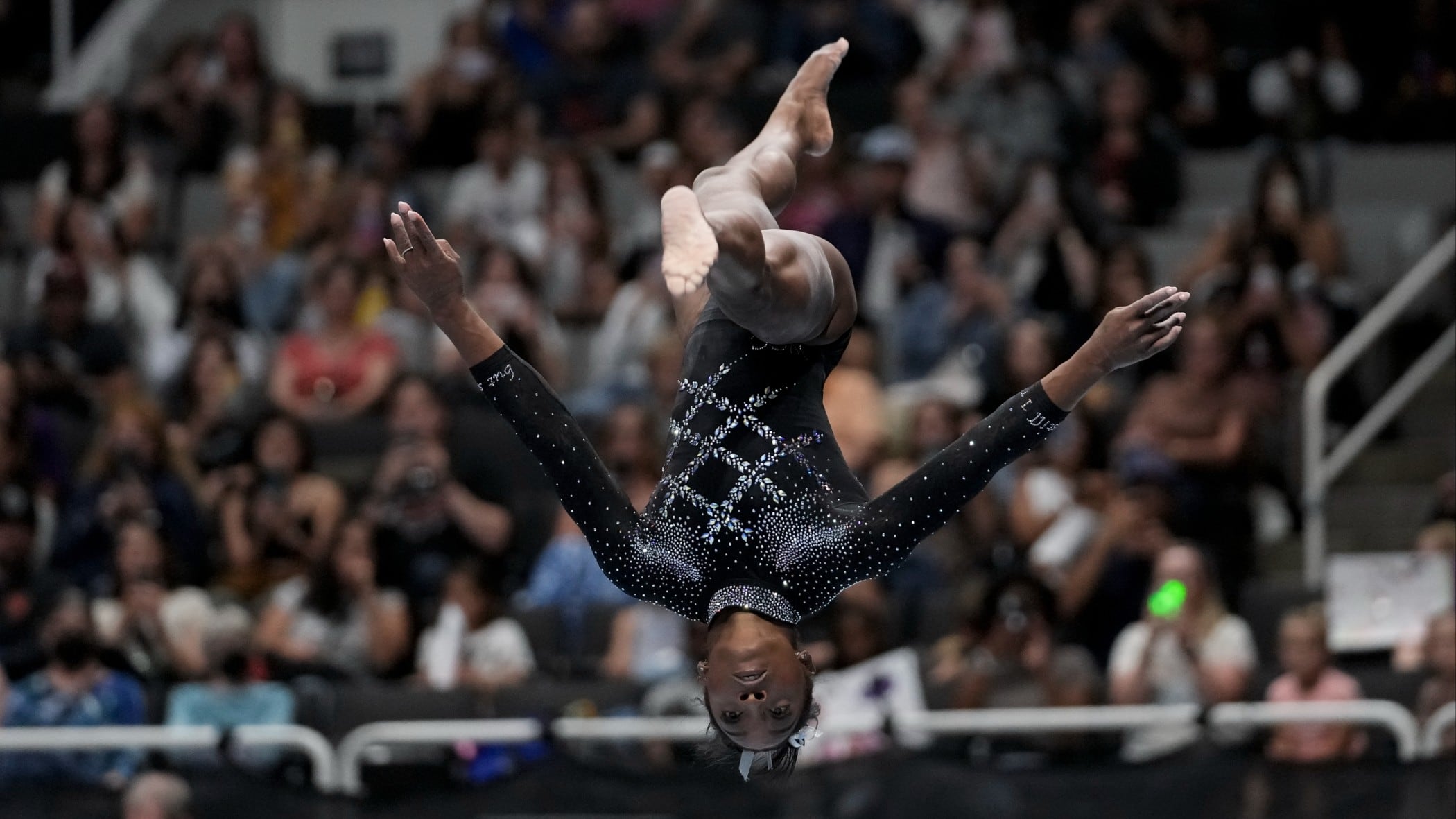Damar Hamlin's on-field collapse sent shock waves across the sports world, and following the heroic efforts of the Buffalo Bills athletic trainer Denny Kellington performing life-saving CPR, the NFL wants to equip young athletes with the same skills.
In partnership with the American Heart Association and the American Red Cross, youth CPR training programs are being set up all over the country. The campaign is being boosted ahead of the Super Bowl and will last all February long, and the league will be holding a fundraiser to back its heart health efforts with a goal of $1 million.
"Amid the current national dialogue on emergency preparedness in sports, the NFL is supporting these efforts through activations during Super Bowl week, amplifying CPR educational materials, and enhancing long-term partnerships on the national and local levels," the NFL said in a statement.
For fans attending the big game itself, there will be interactive stations to learn the skills directly from professionals. Hamlin is also working closely with the league to bring awareness to heart health during Super Bowl week by promoting his #3forHeart CPR Challenge.
"The tools and trainings exist to keep young athletes safe — we embrace our responsibility to ensure that knowledge is in as many hands as possible for the greatest positive impact," said NFL Commissioner Roger Gooddell.
